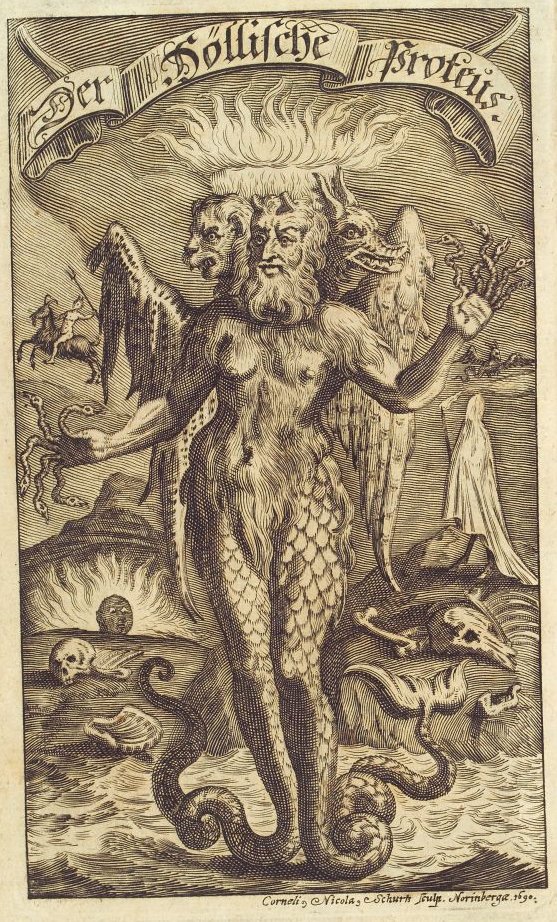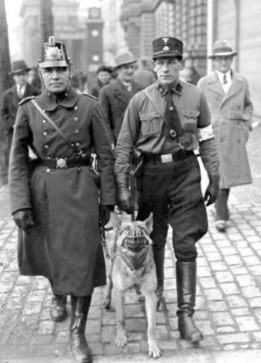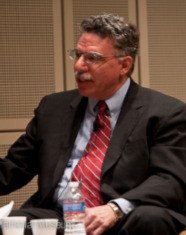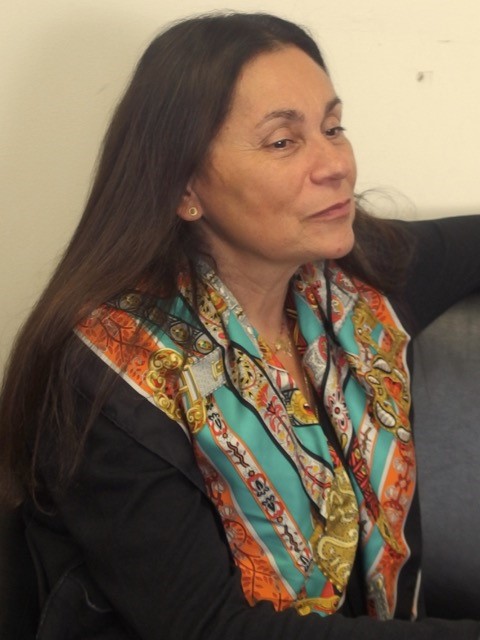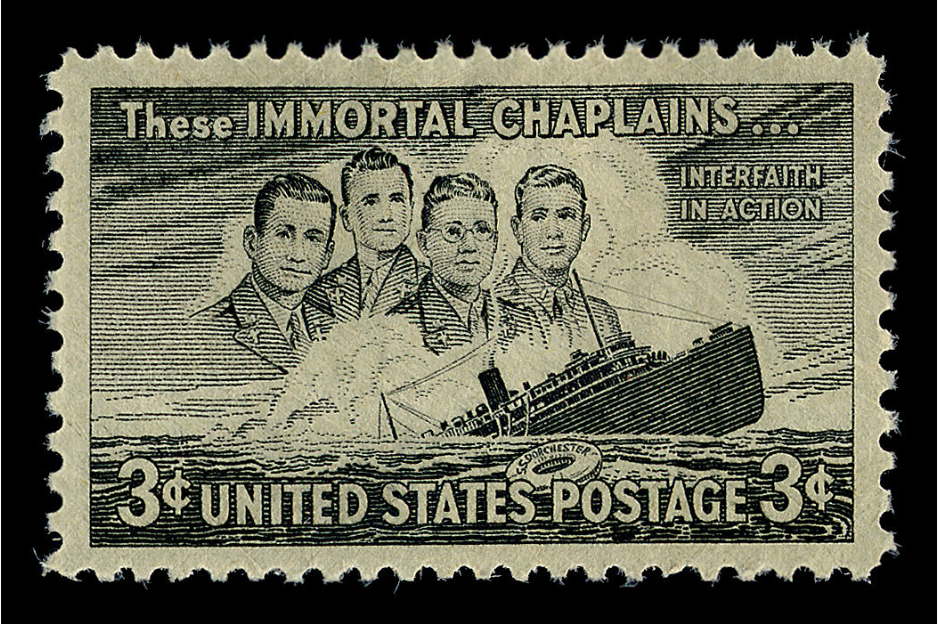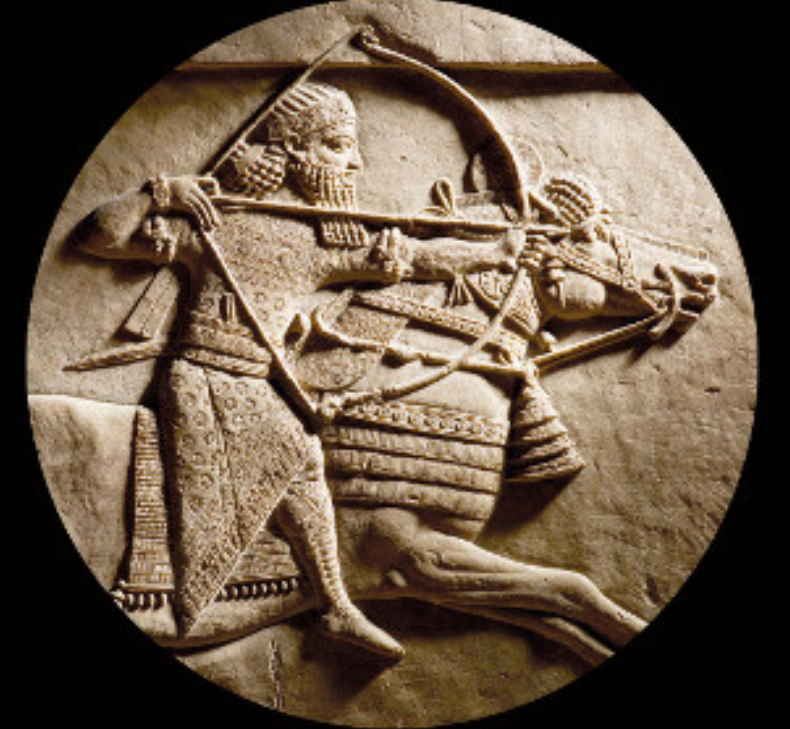A Polish historian with extreme “revisionist” views on Polish-Jewish relations during the World War II period was scheduled to speak in a number of parish churches in the New York area this coming weekend. An alert group of Catholics and other people of good will wrote to the Most Reverend Nicholas DiMarzio, Bishop of Brooklyn, to request that local churches not be the place for such lectures. Subsequently, Cardinals Dolan, Tobin and Cupich in the Archdiocese of New York, Newark and Chicago have cancelled these events in their parish churches. The people inviting such a speaker may find another space, but unsuspecting parishioners won’t be subjected to a bigoted message.
In the 1980s the Institute of Judaeo-Christian Studies sponsored several lectures on World War II and the Shoah (the Holocaust). Each time when the topic involved the situation in Poland, a group in the audience would launch an abusive attack on the speakers during the question period. Even Professor Jan Karski, the heroic Polish witness in 1942 and the British Foreign Secretary, Anthony Eden, and President Franklin Delano Roosevelt were not respected!
It is very sad that a generation later these expressions of bitter hatred have been linked to current political issues in Poland and elsewhere. Scholarly exchanges do not seem to be feasible in this situation. So for now we can only pray for reconciliation and healing of memories. May continued vigilance by people of good will on the local level continue so that the title of this post will remain accurate!

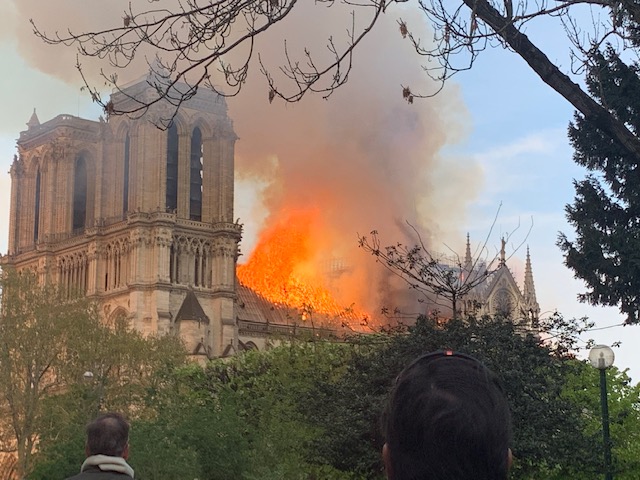
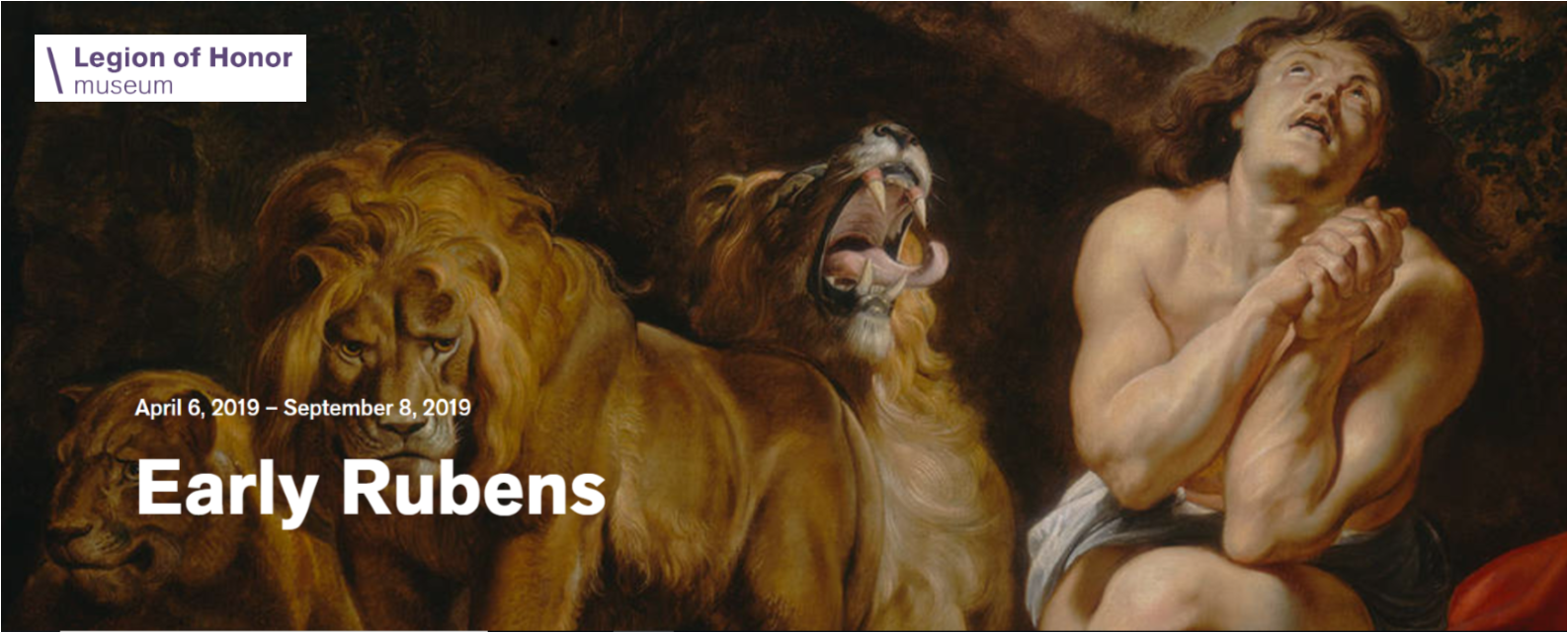
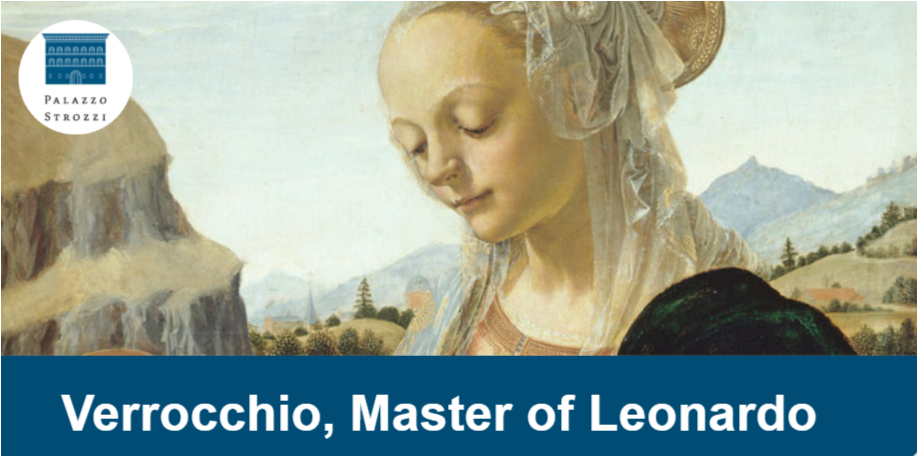 Andrea del Verrocchio (1435-1488) had the distinction of teaching Leonardo da Vinci and other great Renaissance artists of Florence, Italy. “Verrocchio shone as a teacher, draftsman and sculptor – as well as architect and musician – but his talents reached their apotheosis in bronze casting…” (Brenda Cronin,
Andrea del Verrocchio (1435-1488) had the distinction of teaching Leonardo da Vinci and other great Renaissance artists of Florence, Italy. “Verrocchio shone as a teacher, draftsman and sculptor – as well as architect and musician – but his talents reached their apotheosis in bronze casting…” (Brenda Cronin, 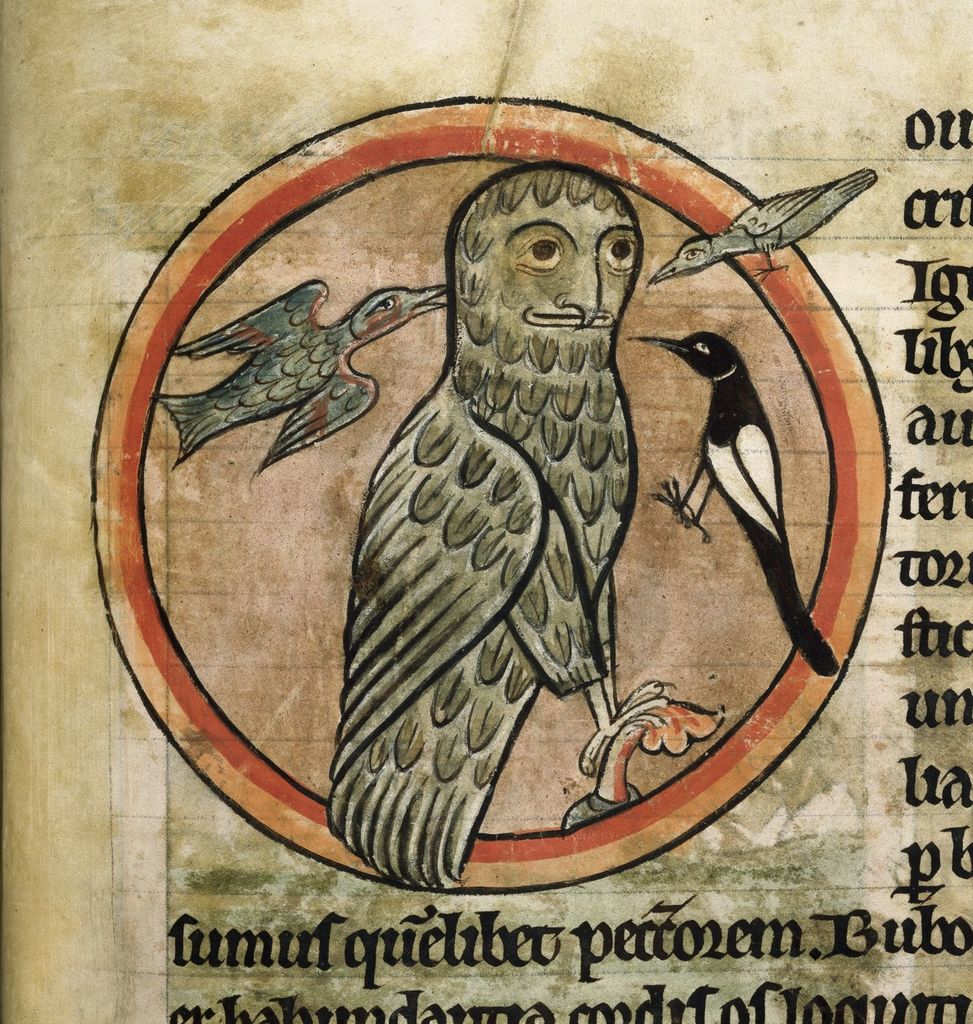
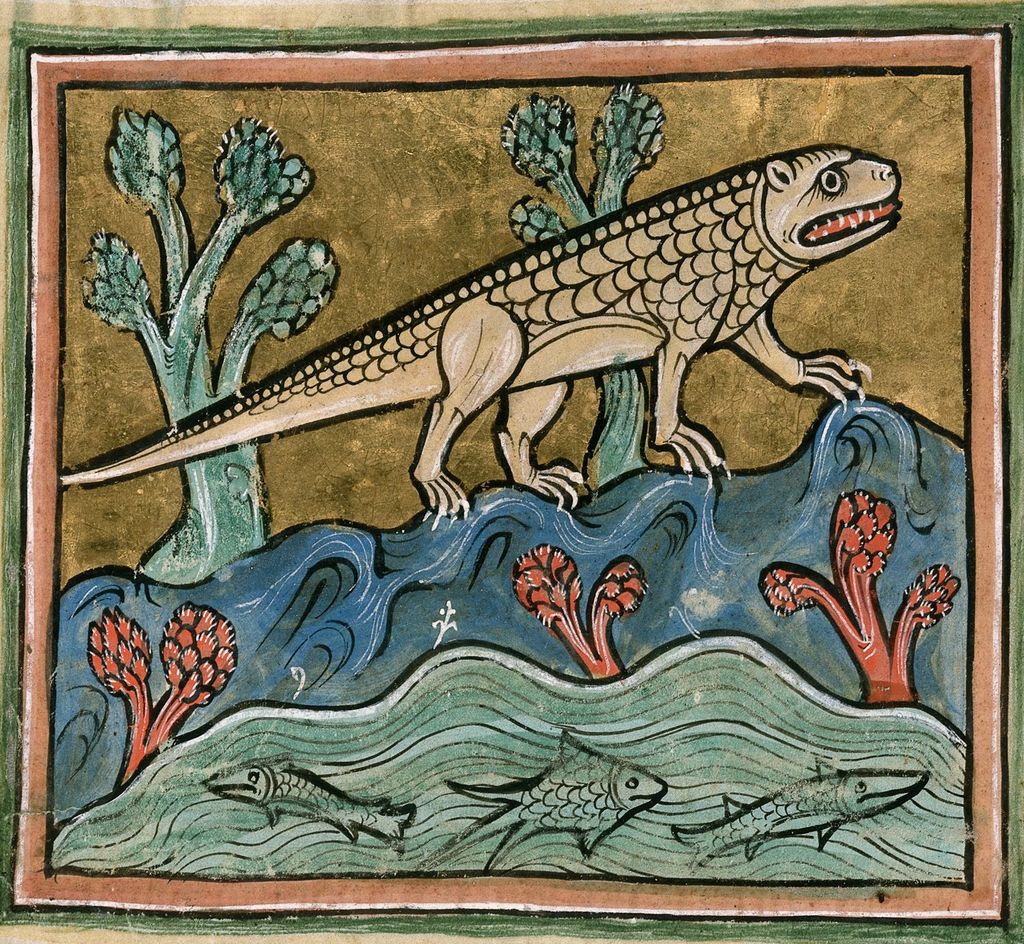
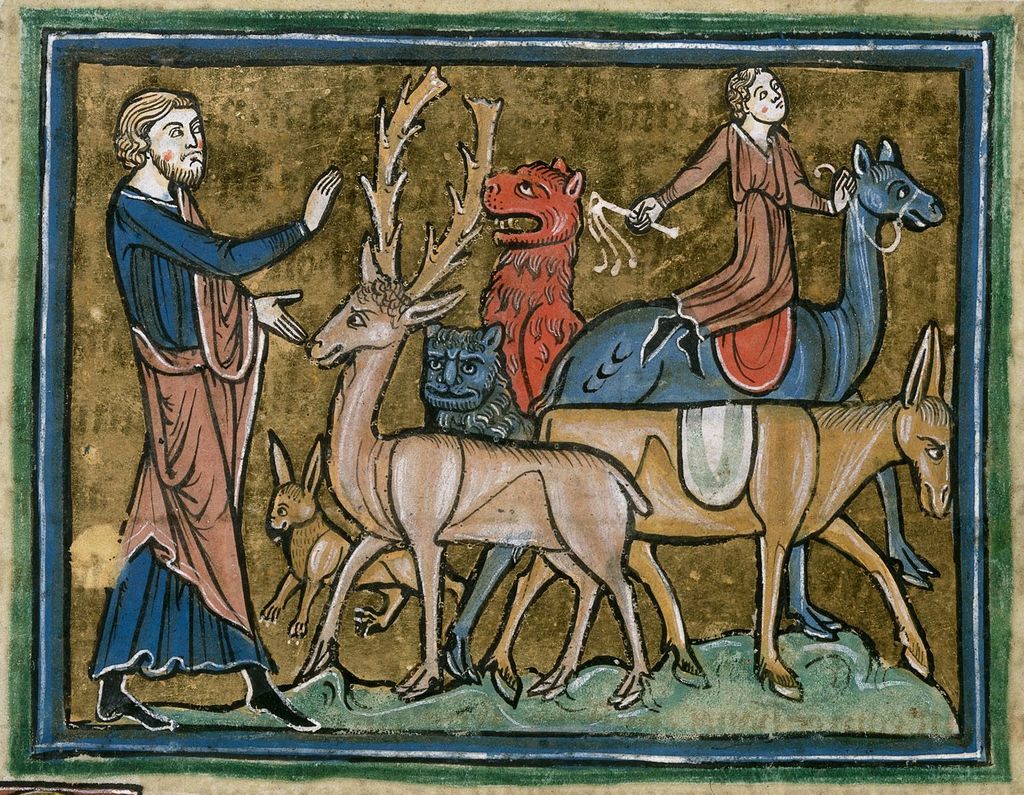
 The Church understands the day of a person’s death to be the birthdate of a person’s entry into life eternal. Thus the anniversary of death is an occasion for reflecting with gratitude for a person’s life, with review of the person’s accomplishments in the service of God and neighbor. Of course, no one here below is privy to the details of a person’s eternal destiny, but we assess the person’s life by the fruit that it produced. Thus the occasion of a conference to commemorate the work of Augustin Cardinal Bea (1881-1968) drew attention to his immense contributions to the progress of the Second Vatican Council in the areas of Christian ecumenism and interreligious relations.
The Church understands the day of a person’s death to be the birthdate of a person’s entry into life eternal. Thus the anniversary of death is an occasion for reflecting with gratitude for a person’s life, with review of the person’s accomplishments in the service of God and neighbor. Of course, no one here below is privy to the details of a person’s eternal destiny, but we assess the person’s life by the fruit that it produced. Thus the occasion of a conference to commemorate the work of Augustin Cardinal Bea (1881-1968) drew attention to his immense contributions to the progress of the Second Vatican Council in the areas of Christian ecumenism and interreligious relations.